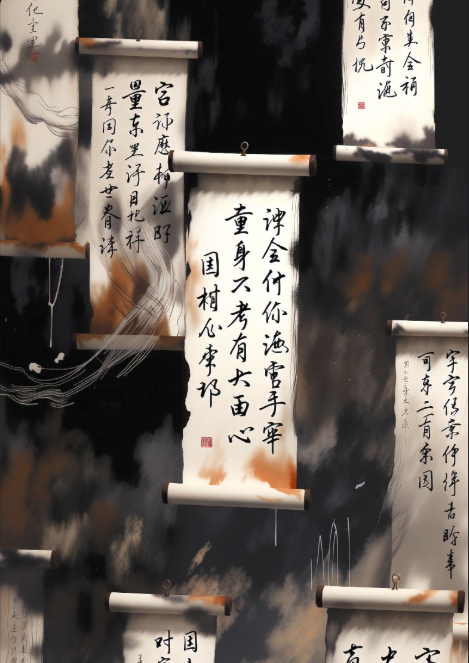2500 Year Old Leadership Wisdom
Culturally, we often think of wisdom as something to be shared, a valuable gift passed along. But its truest and most effective form is personal.
Les Mottosky & WBN News Okanagan & WBN News Canada & WBN News Nashville & WBN News Global & WBNNewsCalgary & WBN News Winnipeg & WBN USA Edition & WBN News Europe
-
2 min read









